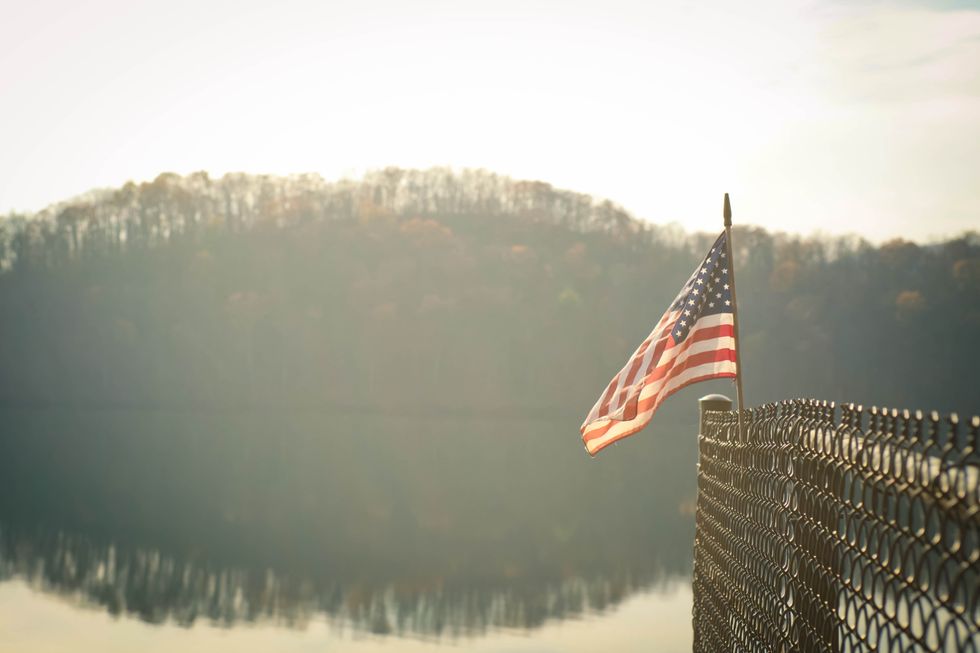With fireworks burned out, parade festivities at a close, and barbecue now cold leftovers, the thought of the Fourth of July feels like last week's news. Despite our patriotic festivities coming to a close, I thought it best to shed light on how that explosive day started off with a far from celebratory welcome. For those who may protest this, let's remember that it's never a day too late to gain some necessary knowledge.
Also known as Independence Day, July 4th commemorates the official independence of the United States of America in 1776 after the Continental Congress agreed upon the independence of the U.S. and received the draft of the Declaration of Independence written by Thomas Jefferson, which was then completed with edits and changes on July 2nd. Not until July 4th was the final copy of the Declaration finalized and confirmed, ultimately becoming the date included on the document and that which delegates from the thirteen colonies came together to adopt the Declaration of Independence.
The celebration of July 4th itself however did not become an official holiday until 1941. Oddly enough, the Declaration was not greeted with as much patriotism and honor as we Americans view it now. Many years had passed since the finalization of the Declaration, yet its importance was regarded minimally as it went neglected as a celebratory event. Furthermore, controversy surrounded its origins as partisan disagreements lent itself to conflict between the Democratic Republicans who supported and admired Thomas Jefferson's Declaration and the Federalists who thought it opposed our British roots and was "too French," defying their policies.
Fortunately though, the 1800s would bring with it a new outlook on the significance of the Declaration. Following the War of 1812, the Federalists party began to fall apart and emerging parties of the 1820s and 1830s embraced the Democratic-Republican party as their own. Eventually with this new rise in the Democratic-Republican party, the Declaration, dated as July 4th, was printed in copies and was distributed throughout.
In 1870, nearly one-hundred years following the creation of the Declaration, did celebrations begin to take precedence for July 4th. Congress included the event and date within a bill to establish national holidays, this bill also included Christmas. Finally, legislation for national holidays were passed in 1939 and 1941, thus making the Fourth of July, Independence Day, an official holiday.
Surprisingly enough, tradition hasn't much changed to commemorate July 4th. Parades, fireworks, barbecues, and patriotic colors of red, white and blue still reign supreme as the staples of Independence Day. This, I'm certain, would make our founding fathers tip their hats in gratitude.

















